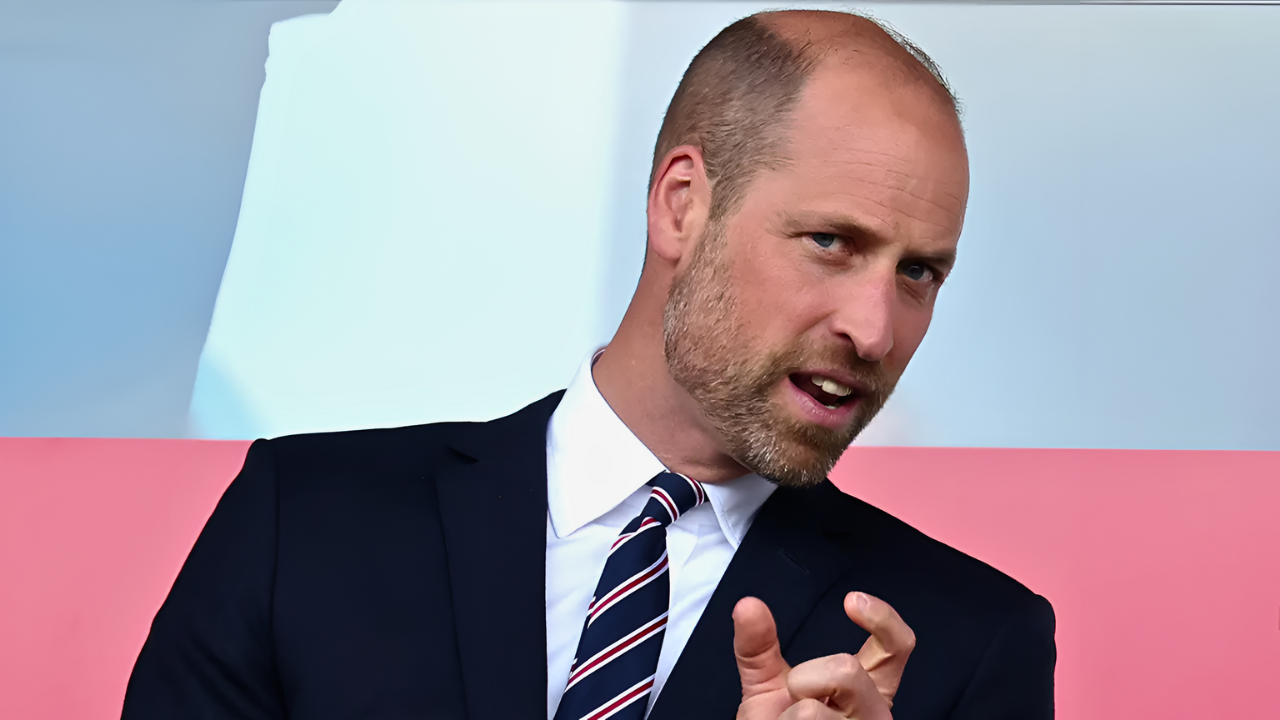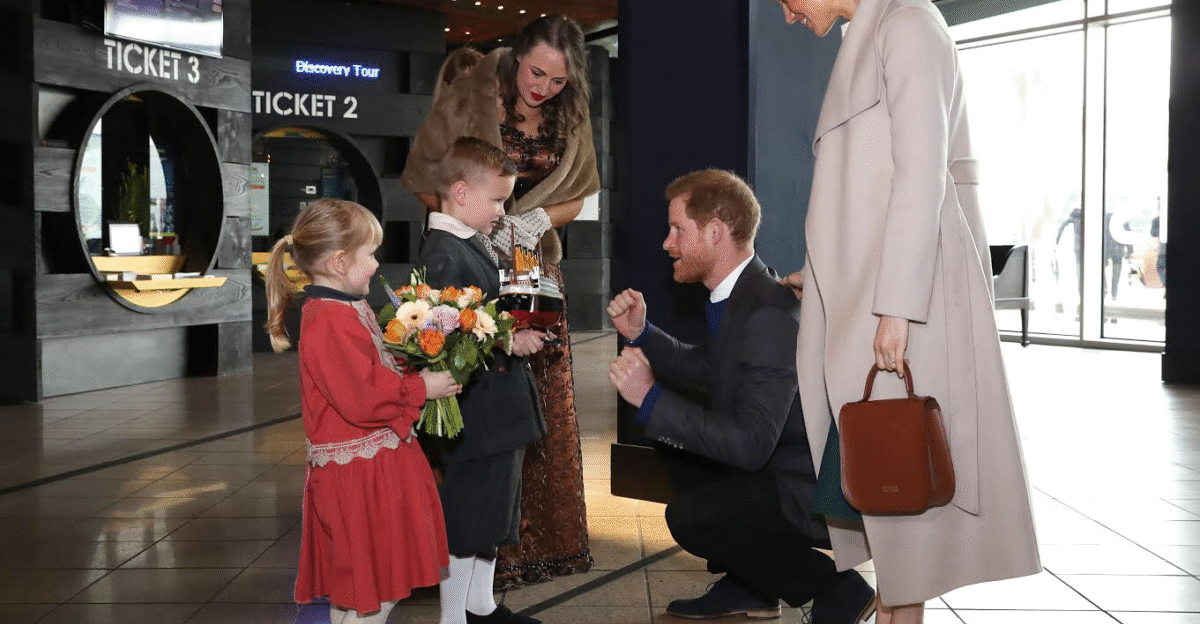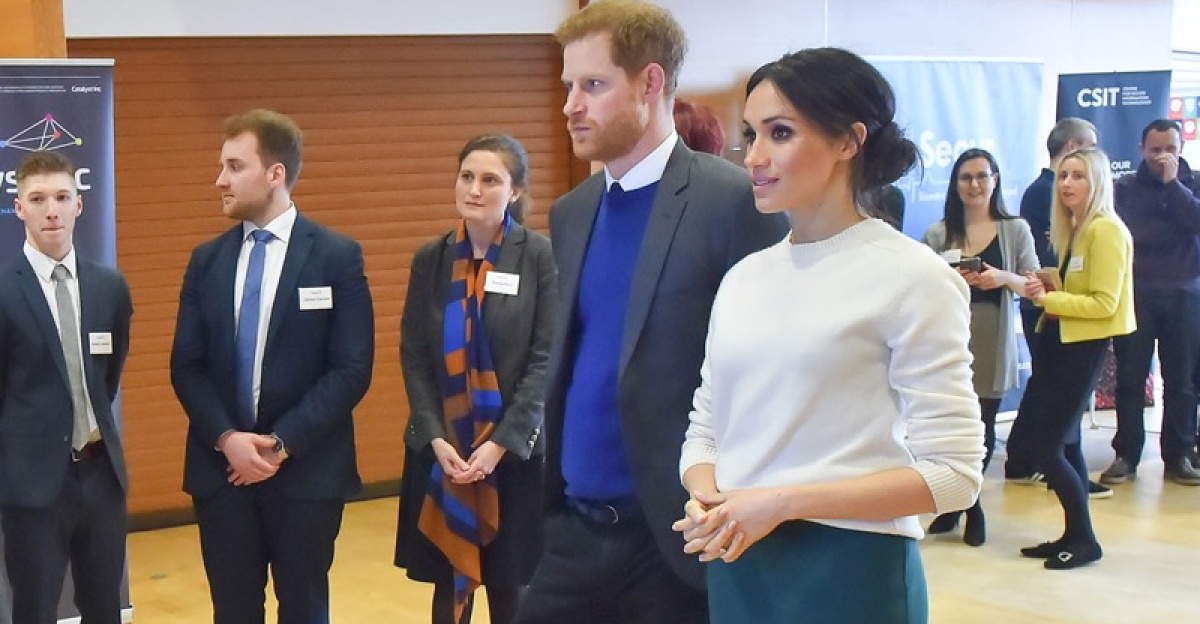
As King Charles battles cancer, the British royal family finds itself at a crossroads. The monarch’s illness has intensified long-standing tensions between Prince William and Prince Harry, forcing the family to confront personal rifts that now threaten the monarchy’s stability. With the world watching, the outcome of these private negotiations could reshape the future of the House of Windsor.
Estrangement in the Spotlight
The rift between William and Harry has dominated headlines since 2020, when Harry and Meghan Markle stepped back from royal duties. The publication of Harry’s memoir, “Spare,” further deepened the divide, bringing private grievances into the public eye. According to palace insiders, William has made it clear that reconciliation is impossible as long as Meghan remains involved. Each public revelation has widened the gap, turning a family dispute into a global spectacle and overshadowing the brothers’ royal responsibilities.
King Charles’s cancer diagnosis, announced in February 2024, has added urgency to the situation. The illness has prompted senior aides and family members to push for reconciliation, viewing unity as essential for the monarchy’s future. Behind closed doors, discussions have accelerated, with Charles and William reportedly negotiating the terms of Harry’s possible return to royal life.
Negotiating the Terms of Return

Any potential return for Harry comes with strict conditions. The most significant barrier remains Meghan’s involvement. Palace sources indicate that William has agreed to meet with Harry privately, but only if Meghan is excluded from all discussions. This stipulation reflects deep-seated mistrust and unresolved issues within the family.
A notable development in these negotiations has been the removal of Prince Andrew from public royal duties. In late 2025, King Charles formally stripped Andrew of his titles and HRH styling—a move described by insiders as a strategic trade-off to placate William and open the door for Harry’s return. This decision marks a significant shift in royal priorities, highlighting the high stakes of the ongoing reconciliation efforts.
Public and Private Reactions

News of Harry’s possible return under such strict terms has sparked debate among royal commentators and the British public. Some see it as a necessary step toward healing, while others question whether excluding Meghan is a sustainable solution. Public opinion remains divided, and the monarchy’s credibility may hinge on how these negotiations are perceived.
Within the family, emotions run high. Reports suggest Harry misses his life in the UK and feels the weight of estrangement. Meghan’s exclusion adds further complexity, leaving Harry to consider returning without his wife. Kate Middleton has reportedly encouraged Harry to visit alone as a practical way to rebuild his relationship with William, though she remains cautious about the prospects for lasting peace.
Meanwhile, trust between the brothers is at a low point. William’s reluctance to fully embrace reconciliation stems from concerns about privacy and the potential for further leaks. Insiders describe a climate of frustration and wariness, with both sides guarding their interests closely.
A Changing Royal Landscape

The royal family’s internal struggles reflect broader changes in how monarchies manage public scrutiny and private conflict. King Charles’s illness has shifted the balance of power, with William taking on a more prominent role in family decisions. His willingness to negotiate—albeit on his own terms—signals a pragmatic approach to safeguarding the monarchy’s future.
The removal of Prince Andrew underscores the seriousness of the current crisis. By making Andrew’s exile the price for William’s cooperation, the family has demonstrated a willingness to make difficult choices to preserve unity. However, the exclusion of Meghan from reconciliation talks reveals the depth of unresolved tensions and the challenges that remain.
Looking Ahead: Stakes for the Monarchy

The coming months will be critical for the royal family. Whether Harry accepts the proposed terms—and whether Meghan remains on the sidelines—will shape not only personal relationships but also the monarchy’s public image and institutional strength. The decisions made now carry legal and constitutional implications, including questions about titles and succession.
Globally, the royal drama is closely watched, with media coverage influencing perceptions of the monarchy’s relevance. The situation also mirrors broader cultural shifts, as younger generations demand greater transparency and accountability from public figures.
As the royal family navigates this pivotal moment, its ability to adapt and heal will determine its place in a rapidly changing society. The outcome of these negotiations may set a precedent for how the monarchy handles conflict and change in the years to come.


